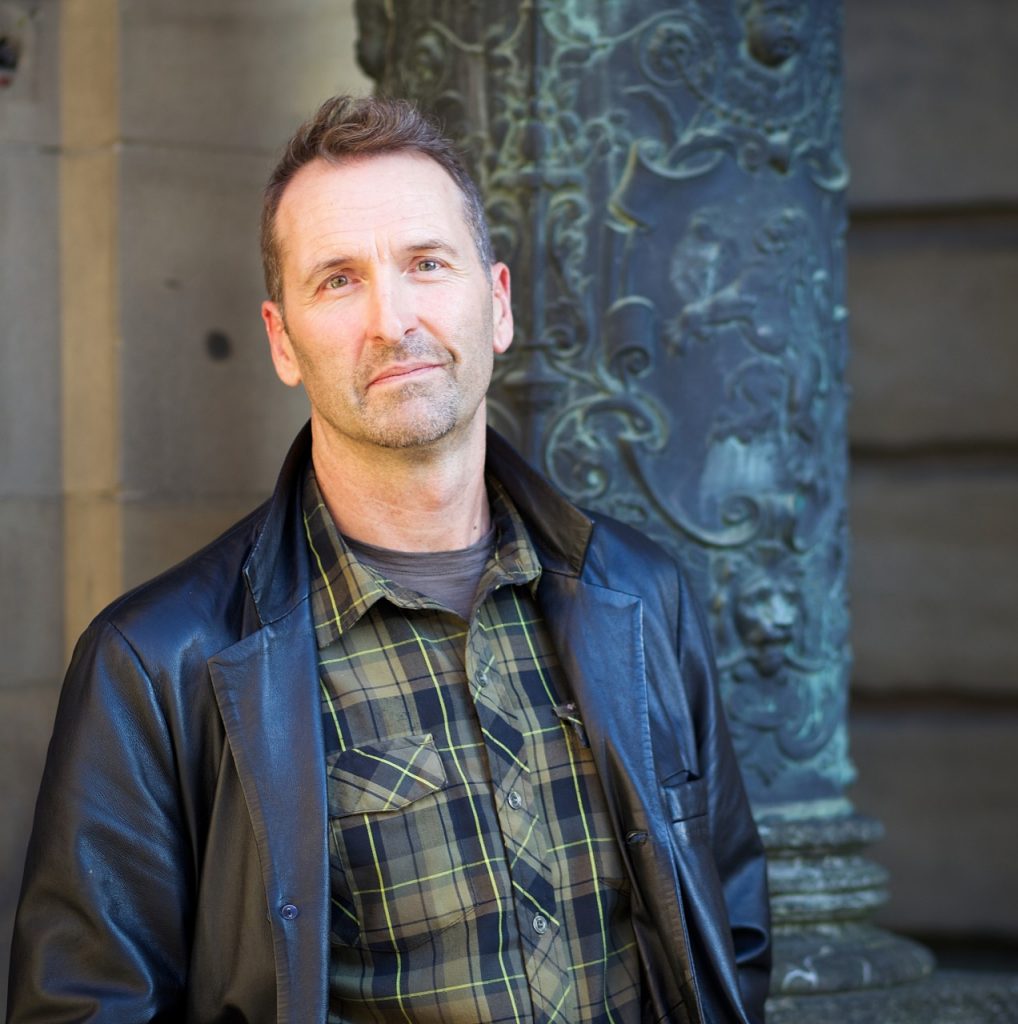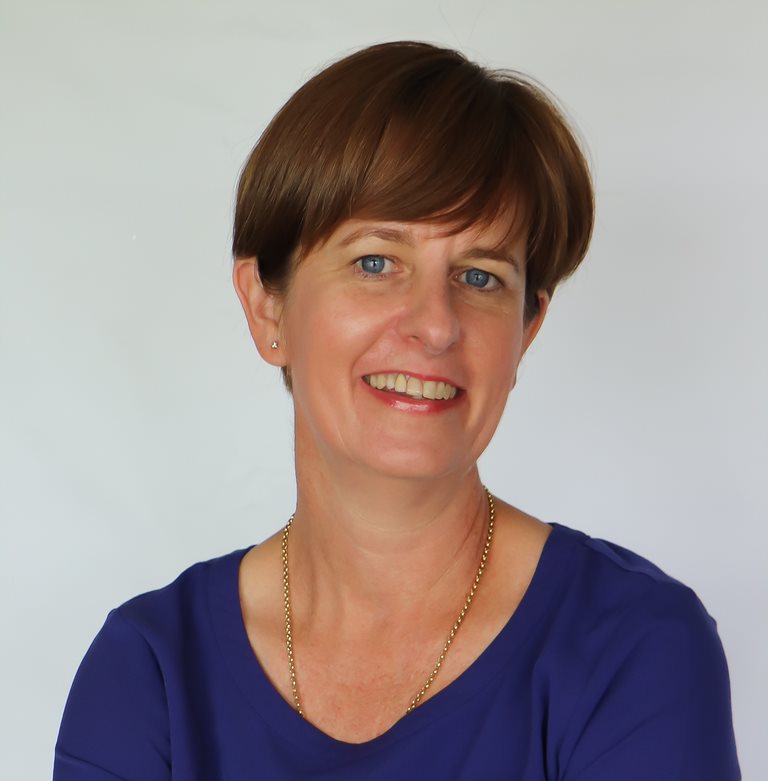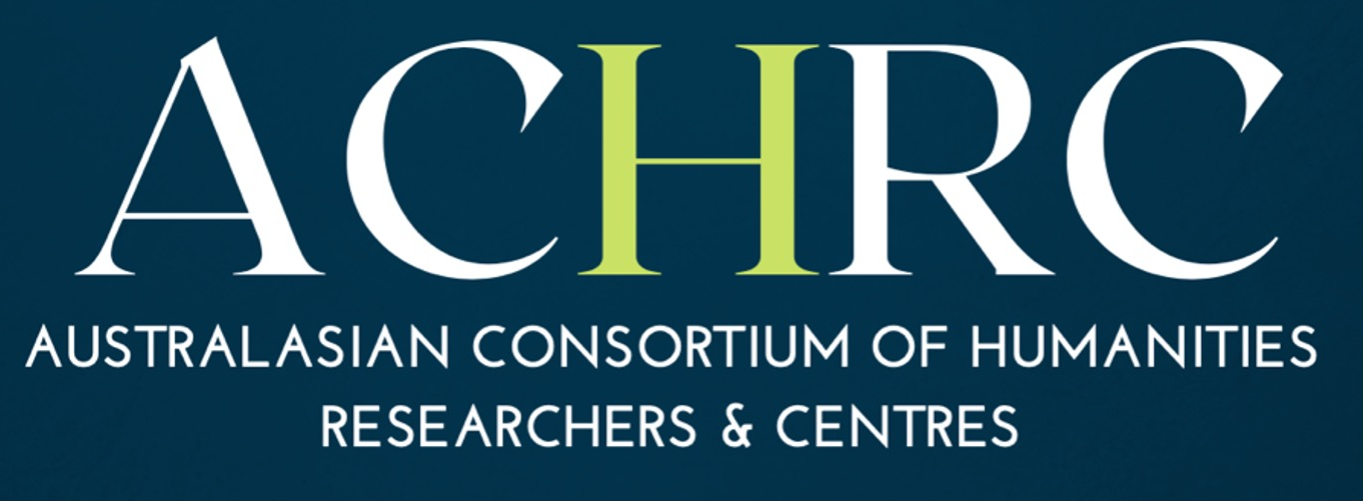The Two Cultures: The Arts and The Sciences in Dangerous Times

July 3 2020
9am – 1:30pm
‘I believe the intellectual life of the whole of western society is increasingly being split into two polar groups… Literary intellectuals at one pole—at the other scientists, and as the most representative, the physical scientists. Between the two a gulf of mutual incomprehension—sometimes hostility and dislike, but most of all lack of understanding. They have a curious distorted image of each other.’
However much a product of its historical moment, C.P. Snow’s provocative analysis of two cultures in his 1959 Rede lecture still stands as a challenge to more effective collaboration between the humanities and the sciences and to a more nuanced, better integrated understanding of humanity and its role in the universe. This one-day symposium on Humanities in the Regions, to be held virtually, has been organised by the Australasian Consortium of Humanities Research Centres (ACHRC) and James Cook University (JCU) to interrogate the common assumption that there are two broad, competitive cultures operating within our universities and our society, competing for students, competing for recognition, competing for funding, and competing for the right to ‘science’ (knowledge) itself.
This is especially important today. Jeremy Rifkin’s 2011 bestseller The Third Industrial Revolution: How Lateral Power is Transforming Energy, the Economy, and the World predicted that the world is on the cusp of unprecedented change. According to Rifkin and others, we are currently undergoing a third industrial revolution, requiring innovative thinking, problem solving and solutions on a scale not just equal to, but exceeding, the industrial revolution of the nineteenth century. In 2020, we are witnessing immense economic and humanitarian disruption as a result of bushfires and the COVID-19 pandemic, which have already forced society to adapt to new and unfavourable economic conditions. Identifying and normalising alternative models of research, education, communication, and community in a post-pandemic world will be imperative for researchers everywhere – but especially for researchers in regional locations already experiencing the tyranny of distance.
In this symposium, scholars are invited to address the question of the similarities and differences between the sciences and the humanities, especially as they pertain to regional universities, and to tell us how the two sets of disciplines might relate better to each other, what they could learn from each other, and how they might be reconciled in a more balanced model of education. How can the arts and humanities collaborate with the sciences to address these wicked problems, and what could (or should) the regional humanities look like in the future?
Hosted by A/Prof Victoria Kuttainen (James Cook University), Professor William Christie (ACHRC) and Katie Cox (ACHRC), with The College of Arts, Society and Education at James Cook University.
Many thanks to Dr Tully Barnett, Katherine Smith, and the local organising committee at James Cook University: Dr Claire Brennan, A/Prof Robyn Glade-Wright, and Dr Claire Hansen.
Keynote Speakers

Dr Paul Hardisty (CEO of AIMS)
Paul Hardisty is currently the CEO of the Australian Institute of Marine Science. He is the author of five novels, including The Abrupt Physics of Dying which was shortlisted for the CWA Creasy Dagger. Turbulent Wake was named by several UK book sites as 2019 Book of the Year. His sixth novel, 7, is due out in 2021.

Dr Margaret Cook (University of the Sunshine Coast)
Dr Margaret Cook is a history lecturer at the University of Sunshine Coast, an Honorary Research Fellow at La Trobe University and the University of Queensland, and a freelance historian. Her research interests include natural disasters, water politics, and the cotton industry. Her recent book is A River with a City Problem: A History of Brisbane Floods.



